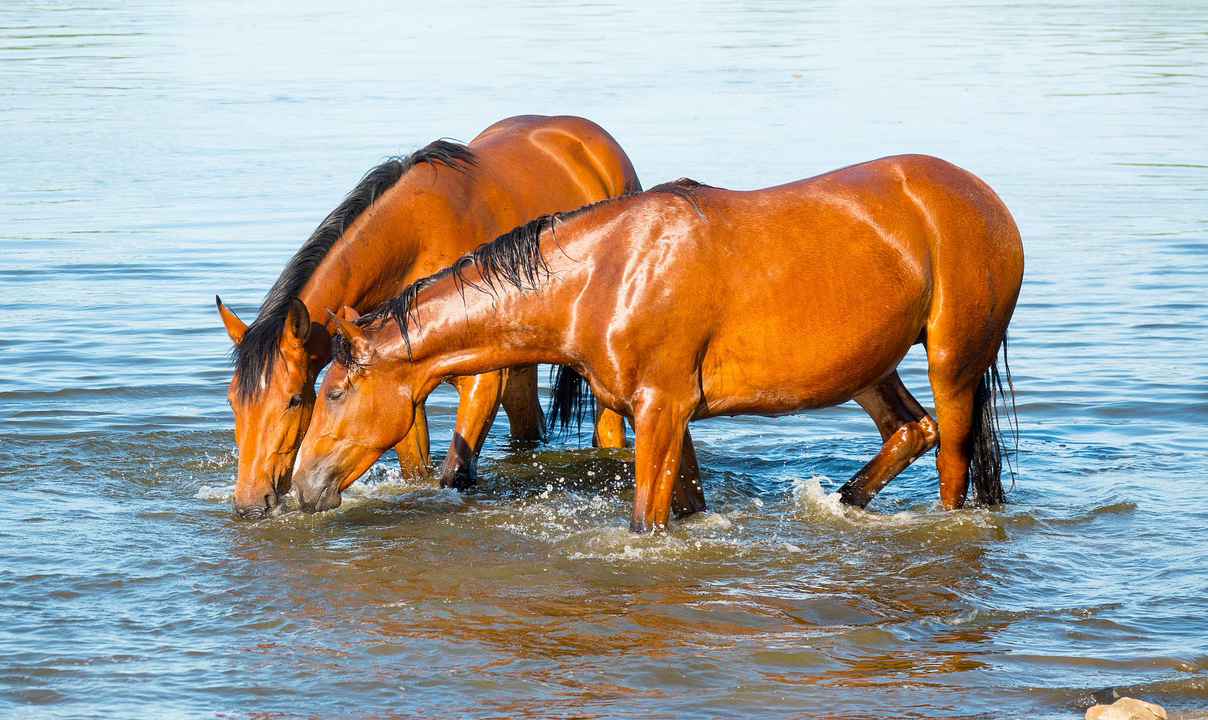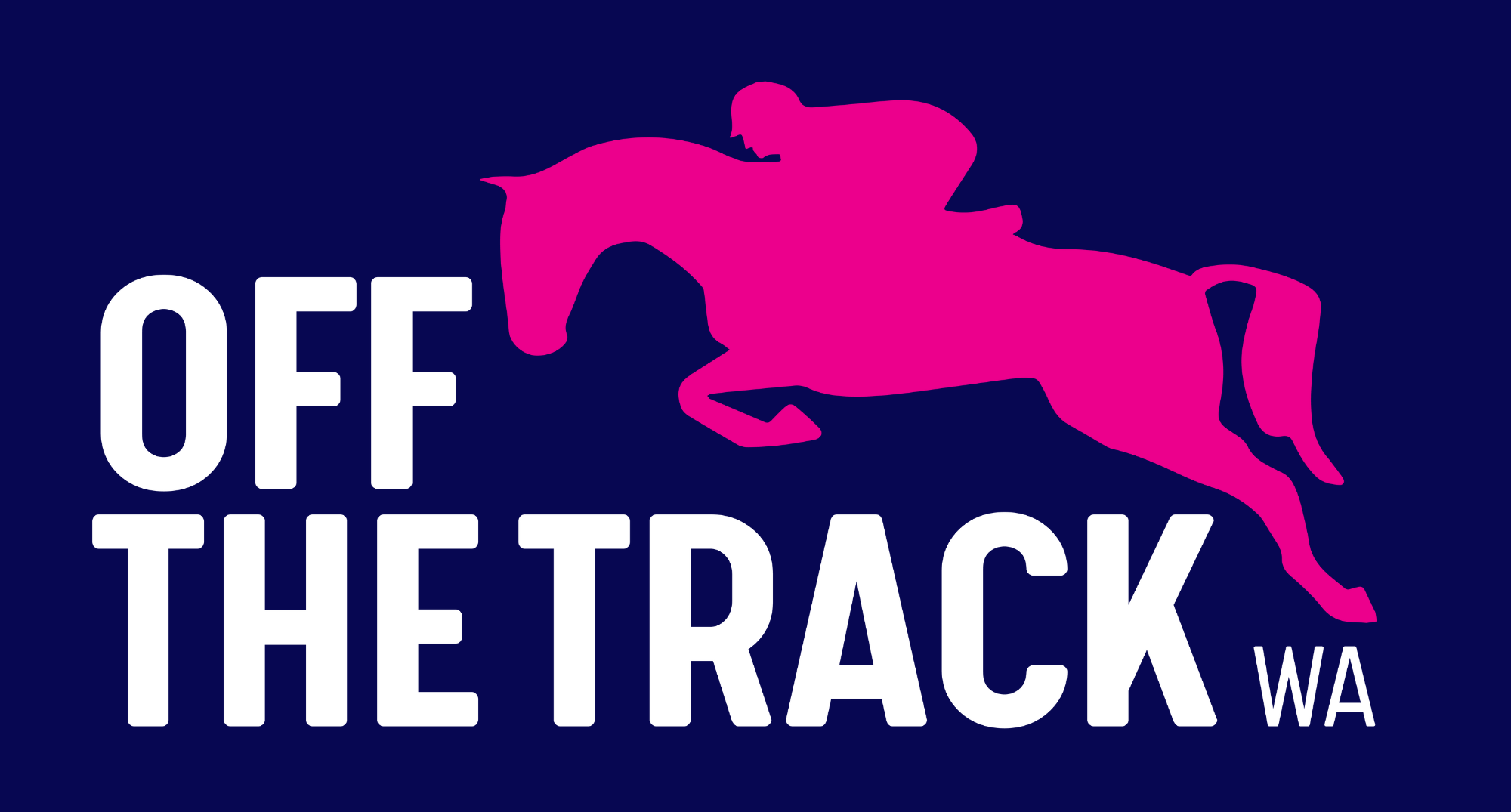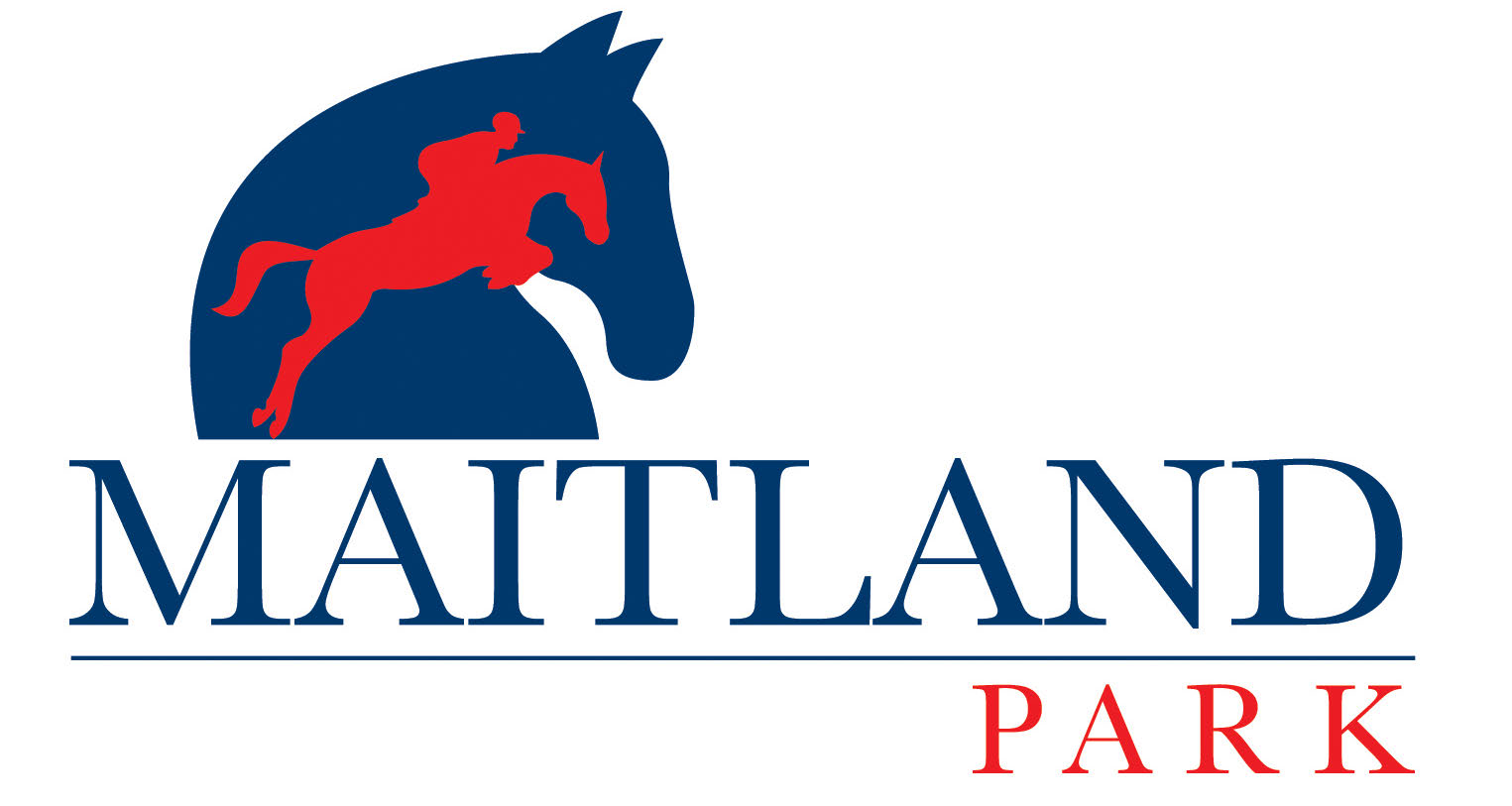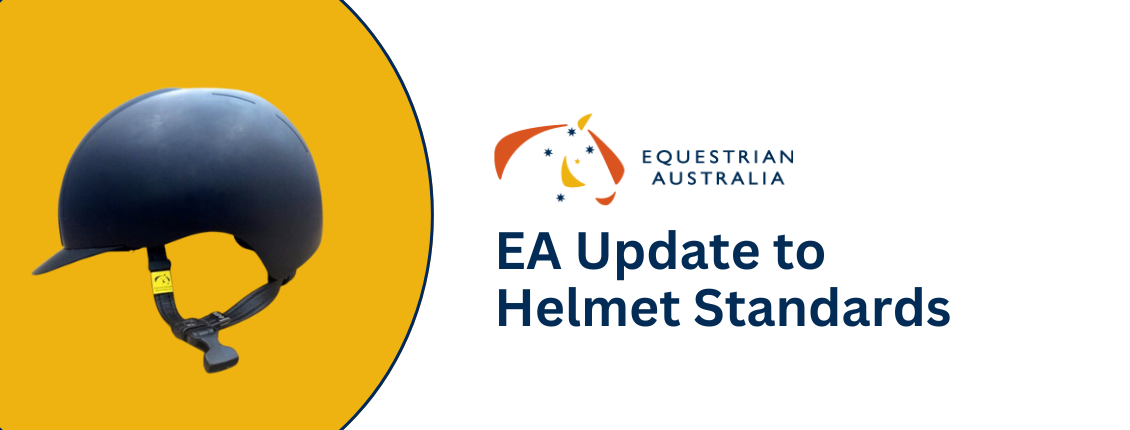
Pegasus News & Nutrition
Principles of Hydration in Horses
Often overlooked, water is a key nutrient for horses. Whilst horses can survive for some time without food, 1-2 days without water can lead to serious health conditions. Horses also rely on sweating as a mechanism to dissipate heat and regulate their body temperature. In horses, sweat is hypertonic, meaning it contains higher concentrations of salt (sodium and chloride) than other body fluids. Therefore, a sweating horse can deplete electrolytes quickly, which can contribute to dehydration. A combination of pre-planned small dietary modifications and daily management methods during hot, humid weather, or intense exercise periods, can help to maintain your horse in optimum hydration.
How Much Water do Horses Need?
Approximately 70% of the horse’s body weight is water. This is made up of both intracellular and extracellular fluid, and is known as total body water. A 500kg horse, at rest, will normally consume approximately 20-55 litres of water per 24 hour period to maintain hydration. Horses that are exercising, lactating, or located in hot, humid climates will have a significantly higher water intake requirement (>100L). Ensuring horses have access to clean, fresh water at all times is essential.
Sweat and Electrolytes
Sodium, chloride, potassium, magnesium and calcium are the main electrolytes. Horse sweat predominantly consists of sodium, chloride and potassium, with smaller concentrations of magnesium and calcium. Electrolytes are involved in a number of critical bodily functions, including cardiovascular function, gastrointestinal mobility, and cellular function, where they control fluid balance in horses. A 500kg horse can lose anywhere from 5-7 litres of sweat per hour, during light exercise, to 10-12 litres per hour in hot, humid, or heavy exercise conditions. Under normal circumstances, horses with access to fresh water, salt blocks, quality roughage and a good quality, formulated feed will be able to replenish electrolyte losses sufficiently. However, those in heavy sweating conditions may need additional supplementation. Lucerne can be particularly useful to help replenish electrolytes during exercise as it is highly palatable and contains a good blend of electrolytes (Na, K, Cl, Mg and Ca). Electrolyte replenishment occurs gradually, so ensuring the horse is in a good hydration state before intense exercise or competition is important.
Keep in mind that unfit and overweight horses generate more heat and, consequently, have greater sweat loss. Therefore, a training program that prepares the horse for the required exercise is an important management tool.
The Thirst Mechanism
Like humans, the thirst response for horses indicates when drinking is required. This physiological trigger is considered to be driven by sodium content in the blood and, therefore, electrolyte balance plays an important role in this mechanism. However, in horses, unlike humans, (who have hypotonic sweat which means water loss increases salt concentration in the blood and triggers thirst), thirst is largely driven by the volume of fluid depletion. In normal circumstances, when light sweating occurs and relatively small amounts of electrolytes are lost, the body recognises the water loss and seeks to replenish total body water, thus rehydrating. During periods of heavy or prolonged sweating, water and electrolyte losses are greater, and sodium levels in the blood may not rise accordingly, therefore effectively turning off the thirst trigger. The result is that severely dehydrated horses often refuse to drink.
When dealing with a severely dehydrated horse, it is best to seek immediate veterinary intervention. Electrolyte depletion needs to be addressed before the dehydrated horse will drink. Providing plain water actually dilutes the electrolyte concentration in body fluid further and impairs the thirst response, therefore isotonic fluid is typically offered.
Here are some tips to keep your horse hydrated:
General Feeding Guide
- Monitor water consumption by checking buckets/troughs and regularly refilling them with fresh water.
- Feed dried forage. Offering hay, along with pasture will promote water storage in the hindgut.
- Allow the horse access to rock salt or a salt block.
- Hydration can also be encouraged by moistening foods.
- If the horse is sensitive to changes in the taste of water, or you are competing in a place with strange-tasting water, take water from home to encourage intake.
- Ensure the horse is well hydrated before leaving for a competition.
Encouraging Water Intake – small changes can make a big difference during hot periods
* Offer several smaller meals instead of one or two larger feedings.
* Feed horse in shady places and offer drinking water with a temperature between 7-18° C for maximal consumption.
* Consider keeping water buckets in shade or undercover. Ice blocks can be added to water to reduce temperature during very hot days. Likewise, during very cold weather, offering temperate water will encourage drinking.
* If the horse is sweating heavily in the heat, consider supplementing with electrolytes in the feed. Increasing the animal’s forage intake several days before the extreme heat will help to ensure the animal remains hydrated, as fibre acts as a reservoir, storing water and electrolytes in the hindgut. For every kilogram of forage eaten, a horse will drink approximately 4 litres of water. Forage also helps the gastrointestinal tract to maintain normal digestive function.
Sources:
https://ker.com/equinews/electrolytes-horses-just-basics/?highlight=hydration
https://ker.com/equinews/pass-the-salt-endurance-horses-and-electrolytes/?highlight=hydration
Article by Pegasus Feeds, 27.04.2023
For further Pegasus News and Nutrition articles, click here.













